As the saying goes, "You are what you eat." And when it comes to skin health, this statement couldn't be truer. The impact of diet on our skin health is undeniable. What we put into our bodies directly affects the appearance and overall condition of our skin.

The Role of Nutrition in Maintaining Healthy Skin
Our skin is the largest organ in our body, and it requires proper nourishment to stay healthy and radiant. Nutrition plays a crucial role in maintaining the health and vitality of our skin. The nutrients we consume are used by our body to repair and regenerate skin cells, support collagen production, and fight against inflammation and oxidative stress.
One of the most important nutrients for skin health is vitamin C. This powerful antioxidant is essential for collagen synthesis, which helps keep our skin firm and elastic. Foods rich in vitamin C include citrus fruits, strawberries, kiwi, and bell peppers.
Another crucial nutrient for healthy skin is vitamin E. This antioxidant protects our skin from environmental damage and helps maintain its moisture barrier. Nuts, seeds, spinach, and avocados are excellent sources of vitamin E.
In addition to vitamins, minerals like zinc and selenium are also important for skin health. Zinc helps regulate oil production and reduce inflammation, making it beneficial for acne-prone skin. Good sources of zinc include oysters, pumpkin seeds, and lean meats. Selenium, on the other hand, helps protect our skin from sun damage and supports its natural healing process. Brazil nuts, seafood, and whole grains are rich in selenium.
Common Skin Issues Caused by Poor Diet
On the flip side, a poor diet filled with processed foods, sugary treats, and unhealthy fats can have detrimental effects on our skin. These foods can trigger inflammation, increase sebum production, and lead to clogged pores, acne breakouts, and dull complexion.
High-glycemic foods, such as refined carbohydrates and sugary snacks, can cause a spike in blood sugar levels. This, in turn, triggers a cascade of hormonal changes that can lead to increased oil production and clogged pores. To maintain clear skin, it's important to limit the consumption of these foods and opt for whole grains instead.

Unhealthy fats, such as trans fats and saturated fats found in fried foods and processed snacks, can also contribute to skin problems. These fats can disrupt the skin's natural barrier function, leading to dryness, inflammation, and accelerated aging. Instead, choose healthy fats like omega-3 fatty acids found in fatty fish, walnuts, and flaxseeds, which have anti-inflammatory properties and help maintain skin hydration.
Essential Nutrients for Healthy Skin
To achieve and maintain healthy skin, it's essential to include a variety of nutrients in our diet. In addition to vitamins C and E, and minerals like zinc and selenium, there are other key nutrients that play a role in skin health.
Omega-3 fatty acids, as mentioned earlier, are not only beneficial for reducing inflammation but also help strengthen the skin's barrier function. They can be found in fatty fish like salmon and mackerel, as well as in plant-based sources such as chia seeds and hemp seeds.
Protein is another important nutrient for healthy skin. It provides the building blocks for collagen and elastin, two proteins that are essential for maintaining skin elasticity and firmness. Include lean sources of protein like chicken, turkey, tofu, and legumes in your diet.
Antioxidants, found in abundance in colorful fruits and vegetables, help neutralize free radicals and protect our skin from oxidative damage. Incorporate a variety of fruits and vegetables into your meals, such as berries, leafy greens, carrots, and bell peppers.
Foods to Include in Your Diet for Better Skin Health
Now that we know the essential nutrients for healthy skin, let's explore the foods that can help us achieve that radiant complexion we all desire.
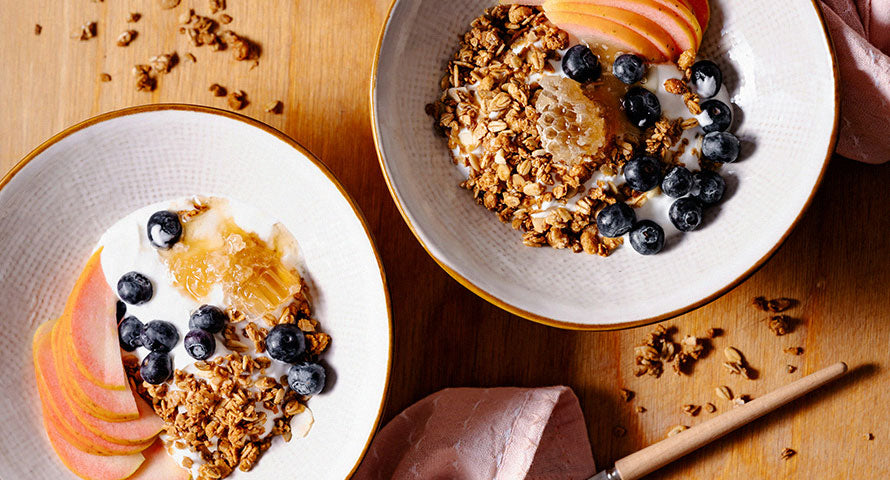
1.Citrus Fruits
Oranges, lemons, and grapefruits are not only rich in vitamin C but also contain other beneficial compounds that promote collagen production and brighten the skin.
2.Berries
Blueberries, strawberries, and raspberries are packed with antioxidants that protect the skin from free radicals and contribute to a youthful appearance.
3.Leafy Greens
Spinach, kale, and Swiss chard are excellent sources of vitamins A and C, as well as other phytonutrients that support skin health.
4.Fatty Fish
Salmon, mackerel, and sardines are high in omega-3 fatty acids, which reduce inflammation and keep the skin supple.
5.Nuts and Seeds
Almonds, walnuts, chia seeds, and flaxseeds provide healthy fats, vitamins, and minerals that nourish the skin from within.
6.Avocado
This creamy fruit is rich in healthy fats and vitamin E, making it an excellent choice for promoting skin health and hydration.
7.Green Tea
Packed with antioxidants, green tea helps protect the skin from damage caused by UV rays and reduces inflammation.
Foods to Avoid for Healthy Skin
While it's important to focus on the foods that benefit our skin, it's equally important to be aware of the ones that can have a negative impact. Here are some foods to avoid or limit for better skin health
1.Processed Foods
These are often high in refined carbohydrates, unhealthy fats, and added sugars, which can lead to inflammation and skin problems.
2.Sugary Treats
Excess sugar consumption can contribute to glycation, a process that damages collagen and accelerates skin aging.
3.Dairy Products
Some studies suggest that dairy products, particularly milk, may trigger acne breakouts in certain individuals.
4.Deep-Fried and Greasy Foods
These can increase inflammation and oil production, leading to clogged pores and acne.
5.Excessive Alcohol
Alcohol dehydrates the body and deprives the skin of essential nutrients, resulting in dullness and dryness.
The Importance of Hydration for Skin Health
In addition to a nutritious diet, proper hydration is crucial for maintaining healthy skin. Water helps flush out toxins, keeps our skin cells plump and hydrated, and supports the skin's natural detoxification process.
To ensure proper hydration, aim to drink at least 8 glasses of water per day. You can also increase your water intake by consuming hydrating foods like watermelon, cucumbers, and celery.

Lifestyle Factors That Affect Skin Health
While diet plays a significant role in skin health, other lifestyle factors can also impact the condition of our skin. These include
1. Sleep
Lack of sleep can disrupt our body's natural repair and regeneration process, leading to dull and tired-looking skin. Aim for 7-8 hours of quality sleep each night.
2. Stress
Chronic stress can increase inflammation and worsen skin conditions like acne and eczema. Find healthy ways to manage stress, such as exercise, meditation, or engaging in hobbies.
3. Exercise
Regular physical activity improves blood circulation, which helps deliver oxygen and nutrients to the skin. Aim for at least 30 minutes of moderate exercise most days of the week.

4. Sun Protection
Excessive sun exposure can lead to premature aging, sunspots, and an increased risk of skin cancer. Always wear sunscreen with at least SPF30, seek shade during peak sun hours, and wear protective clothing.
Skincare Routines to Complement a Healthy Diet
While a healthy diet lays the foundation for good skin health, a proper skincare routine is also essential. Here are some key steps to include in your skincare routine
1. Cleansing
Use a gentle cleanser to remove dirt, oil, and impurities from your skin. Avoid harsh cleansers that can strip away the skin's natural oils.
2. Toning
Use a toner to balance the skin's pH levels and prepare it for better absorption of serums and moisturizers.
3. Moisturizing
Choose a moisturizer that suits your skin type to keep your skin hydrated and nourished. Look for ingredients like hyaluronic acid, ceramides, and antioxidants.
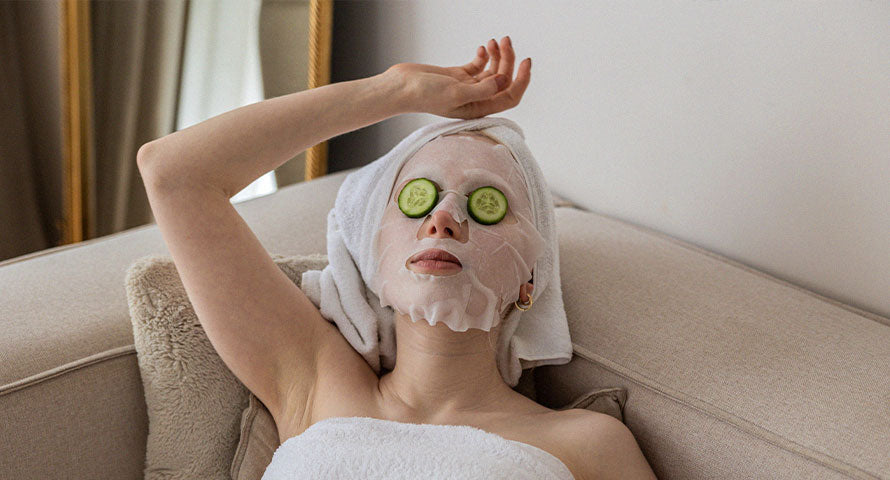
4. Sun Protection
Apply sunscreen with at least SPF 30 every day, even on cloudy days, to protect your skin from harmful UV rays.
5. Exfoliation
Exfoliate your skin once or twice a week to remove dead skin cells and promote cell turnover. Choose a gentle exfoliator that suits your skin type.
6. Targeted Treatments
If you have specific skin concerns like acne or hyperpigmentation, incorporate targeted treatments like serums or spot treatments into your routine.
The Importance of a Balanced Diet for Glowing Skin
In conclusion, maintaining healthy and radiant skin goes beyond skincare products and treatments. A balanced diet that includes a variety of nutritious foods is crucial for supporting our skin's health from within. By nourishing our bodies with the right nutrients, we can promote collagen production, reduce inflammation, and protect our skin from environmental damage.
Remember to include foods rich in vitamins C and E, minerals like zinc and selenium, omega-3 fatty acids, and antioxidants in your diet. Avoid or limit processed foods, sugary treats, unhealthy fats, and excessive alcohol. Stay hydrated and prioritize lifestyle factors like sleep, stress management, exercise, and sun protection.

By combining a healthy diet with a proper skincare routine, you can achieve a glowing complexion and maintain skin health for years to come. Take care of your skin from the inside out, and it will reward you with a radiant and youthful appearance. So, start making conscious choices about what you eat and see the transformative impact it can have on your skin.


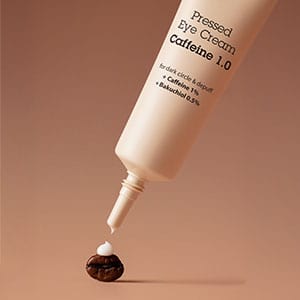
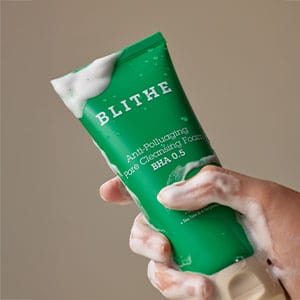
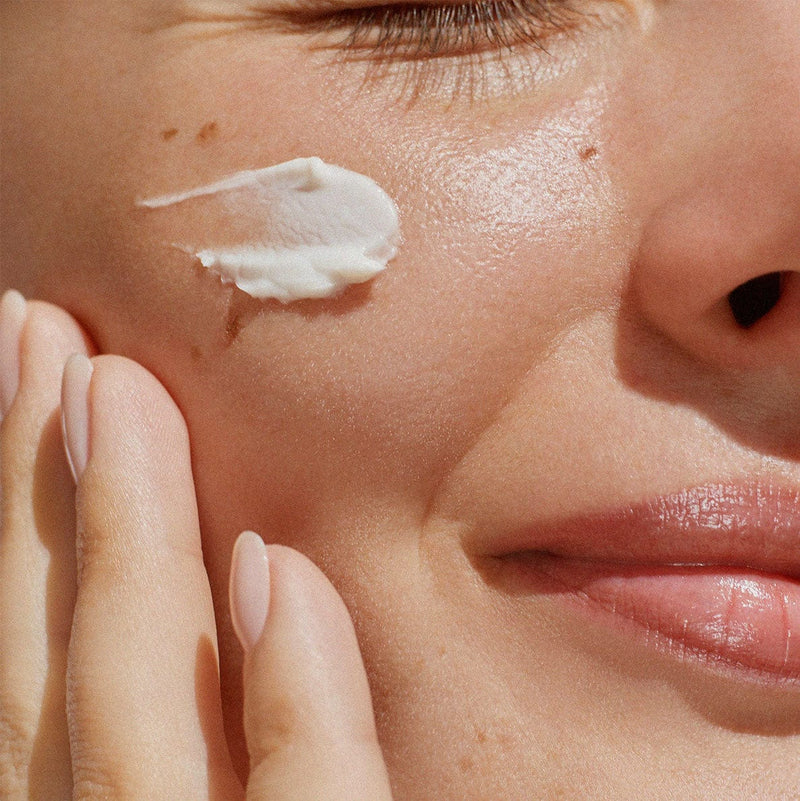

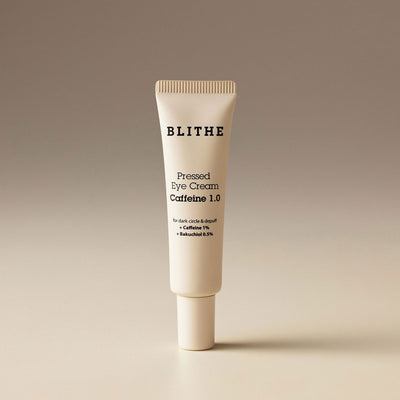
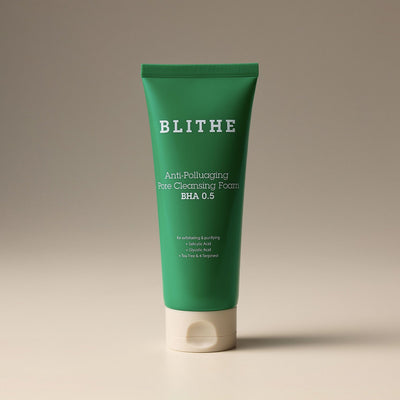
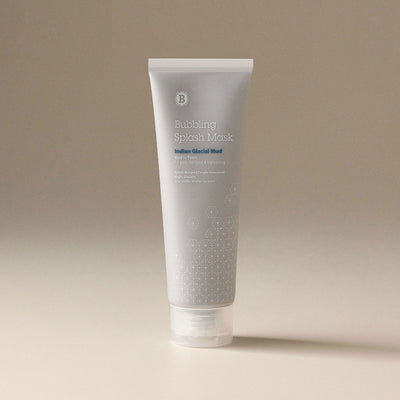
Leave a comment